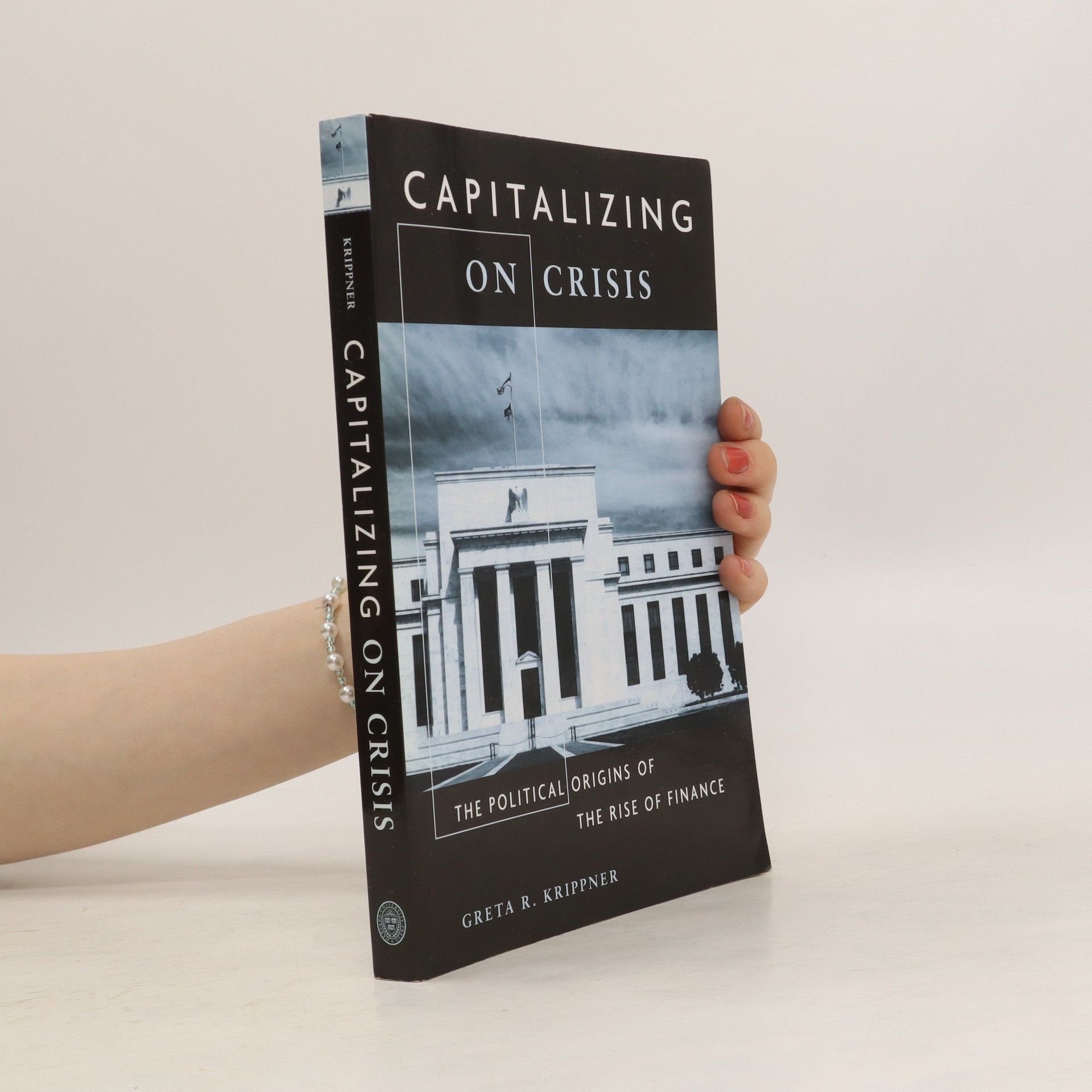In the context of the recent financial crisis, the extent to which the U.S. economy has become dependent on financial activities has been made abundantly clear. In Capitalizing on Crisis, Greta Krippner traces the longer-term historical evolution that made the rise of finance possible, arguing that this development rested on a broader transformation of the U.S. economy than is suggested by the current preoccupation with financial speculation. Krippner argues that state policies that created conditions conducive to financialization allowed the state to avoid a series of economic, social, and political dilemmas that confronted policymakers as postwar prosperity stalled beginning in the late 1960s and 1970s. In this regard, the financialization of the economy was not a deliberate outcome sought by policymakers, but rather an inadvertent result of the state’s attempts to solve other problems. The book focuses on deregulation of financial markets during the 1970s and 1980s, encouragement of foreign capital into the U.S. economy in the context of large fiscal imbalances in the early 1980s, and changes in monetary policy following the shift to high interest rates in 1979. Exhaustively researched, the book brings extensive new empirical evidence to bear on debates regarding recent developments in financial markets and the broader turn to the market that has characterized U.S. society over the last several decades.
Greta R. Krippner Knihy
Greta Krippner je historička a sociologička so zameraním na ekonomickú a politickú sociológiu. Jej práca sa pokúša pochopiť meniaci sa vzťah medzi trhmi a politickými inštitúciami, ktorý sa menil od „zlatého veku“ povojnového amerického kapitalizmu. Skúma financializáciu americkej ekonomiky od 70. rokov 20. storočia a snaží sa pochopiť, ako je ekonomika konstituovaná ako politický objekt za rôznych historických podmienok.
